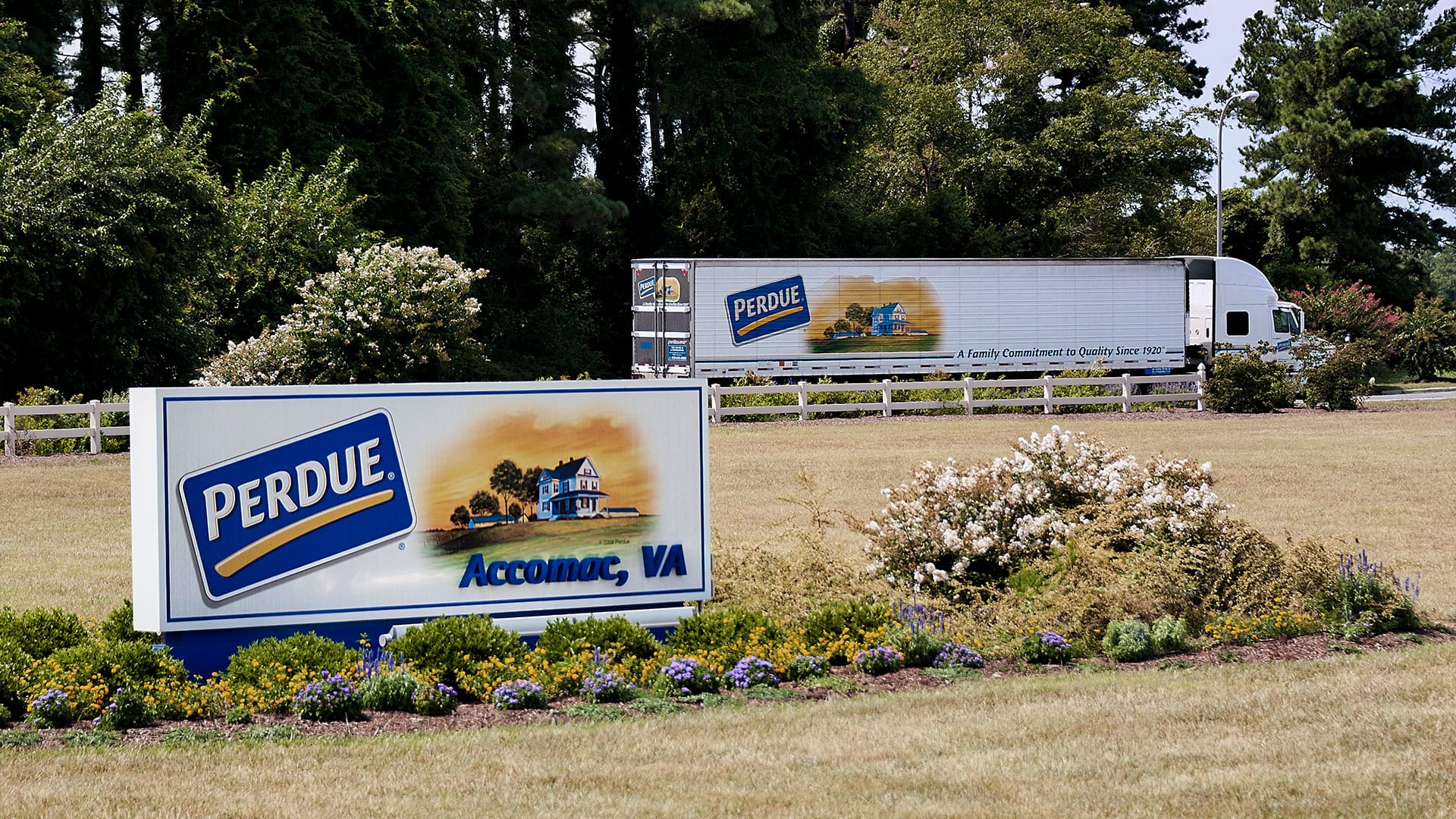You might not know Michaela Watkins by name, but you likely know her face — and her voice.
She’s been reliably funny, sharp, warm, witty and delightful in more than 100 sitcoms, dramas and comedies.
New Girl, Transparent, Modern Family, Kroll Show, Casual, You Hurt My Feelings, Grey’s Anatomy and New Adventures of Old Christine are just a very small portion of her credits. She’s the kind of actress that inspires an “Oh her! I love her!” every time she pops up.
Now, the American actress is at the centre of the Canadian dramedy Suze, and it feels like she’s finally been given the starring role she deserves.
The Saturday Night Live alum plays a divorced mom in the midst of perimenopause whose main focus is her teenage daughter.
Like Bridesmaids, another famous and solid female-led comedy, Suze opens on an uncomfortable and funny sex scene before laying bare the life of a woman who surely wanted more for herself.
Her teen daughter (Sara Waisglass) is awful — her sole purpose is extracting money and rides from her parent — but being her mom is just about the only thing that Suze has going on other than her dead-end job and an ex-husband she resents tremendously.
So when said daughter decides to leave home to go to school in Montreal but fails to tell her mom until she’s just about on the plane, Suze is adrift.
At this point, audiences who aren’t in perimenopause with grown children might be wondering if the movie is for them, but there’s something hilariously relatable about watching Watkins try to enjoy her alone time by drinking wine and awkwardly swaying to music in her boxers in a dim living room.
Finding friends in odd places
Enter Gage — the ditzy, long-haired guy dating her daughter who rarely seems to be wearing a shirt — played authentically and delightfully by 25-year-old Canadian actor Charlie Gillespie. You might know him from a very similar character he played recently in Amazon’s comedy-slasher Totally Killer.
Gillespie’s character needs a place to stay, and because of some not totally believable movie magic, ends up at Suze’s house.
And instead of spending too much time grasping for a new take on how moms and daughters just need to be nicer to each other, Suze immediately grows into a much funnier movie about finding friends in odd places.

This is when the film finds its magic.
Gage uses Suze’s name like a punctuation mark (this is wildly annoying) and seems to lack boundaries, but eventually Suze sees the good in Gage, and the movie makes a convincing case for their friendship.
What makes this film a rare gem, and worthy of Watkins’s talents, is that it’s consistently funny, doesn’t reduce its leads to stereotypes or tropes and casts Suze as a woman we would actually want to hang out with rather than pity for going through a tough life stage.
Ode to indie dramedies
The film’s desaturated colours and deft editing make it feel polished — an ode to the indie dramedies (Igby Goes Down, Eternal Sunshine of the Spotless Mind, etc.) of the early 2000s, when we could take for granted that mid- to small-budget movies with original stories were being made at a good clip. Audiences might even find it surprising that Suze is Canadian and was filmed in Hamilton.
What Suze is really about is up for debate. It’s in part a comforting comedy about dealing with big life changes, but the rest is up to audiences.
Linsey Stewart, who co-wrote and co-directed the film with her husband, Dane Clark, says the movie is about displaced maternal instinct — having some place to put your mom energy.

“Biologically, I can’t have children … I will say this, it was about two months after our first screening at a festival that the theme of the movie really spoke to me and became clear,” said Stewart.
“That being this is really a movie about the love of a child that’s non-biological. I think that’s kind of what I think I was circling and we were circling, but I didn’t realize [it] personally.”
Watkins says for her, it’s about not judging people before you actually know much about them.
‘Maybe we can repair … how we treat each other’
“Every movie, I feel like right now — I want to have a cinematic experience, but I don’t want to deal with total complete nihilism. I don’t want every single movie to be about 50 years in the future when we’ve all eaten each other,” she said.
“I want a movie where maybe we can repair on a cellular level how we treat each other, and humanizing each other. I want that movie, and that’s what this movie is.”
Watkins says the film is about being open to the people who come into your life and aren’t much like you, or worse, are extremely annoying.
That cuts both ways in this movie. Suze has been cheated on. Suze is having hot flashes. Suze works a boring job. Suze is obsessed with her daughter, who’s wildly self-involved.
For all those reasons, Suze should come off as a bit of a loser who we don’t want to spend all that much time with but through great writing from Clark and Stewart, and a beautiful performance from Watkins, we don’t want to spend any time away from her in this movie.
The film does become a bit uneven three-quarters of the way through, with a road-trip sequence that brings us to a confrontation between mom and daughter that doesn’t quite work.
But because Watkins is so full of life, so funny and so able to bring a glittering depth to the character, it’s easy to move past it and stick with two characters who have great chemistry and have been richly developed through the past hour.
Ultimately, the movie leads us to very satisfying conclusion, and it’ll leave you wanting more of not just Watkins, but Clark and Stewart’s clever writing and Gillespie’s inherent charm.
WATCH | Suze trailer:







